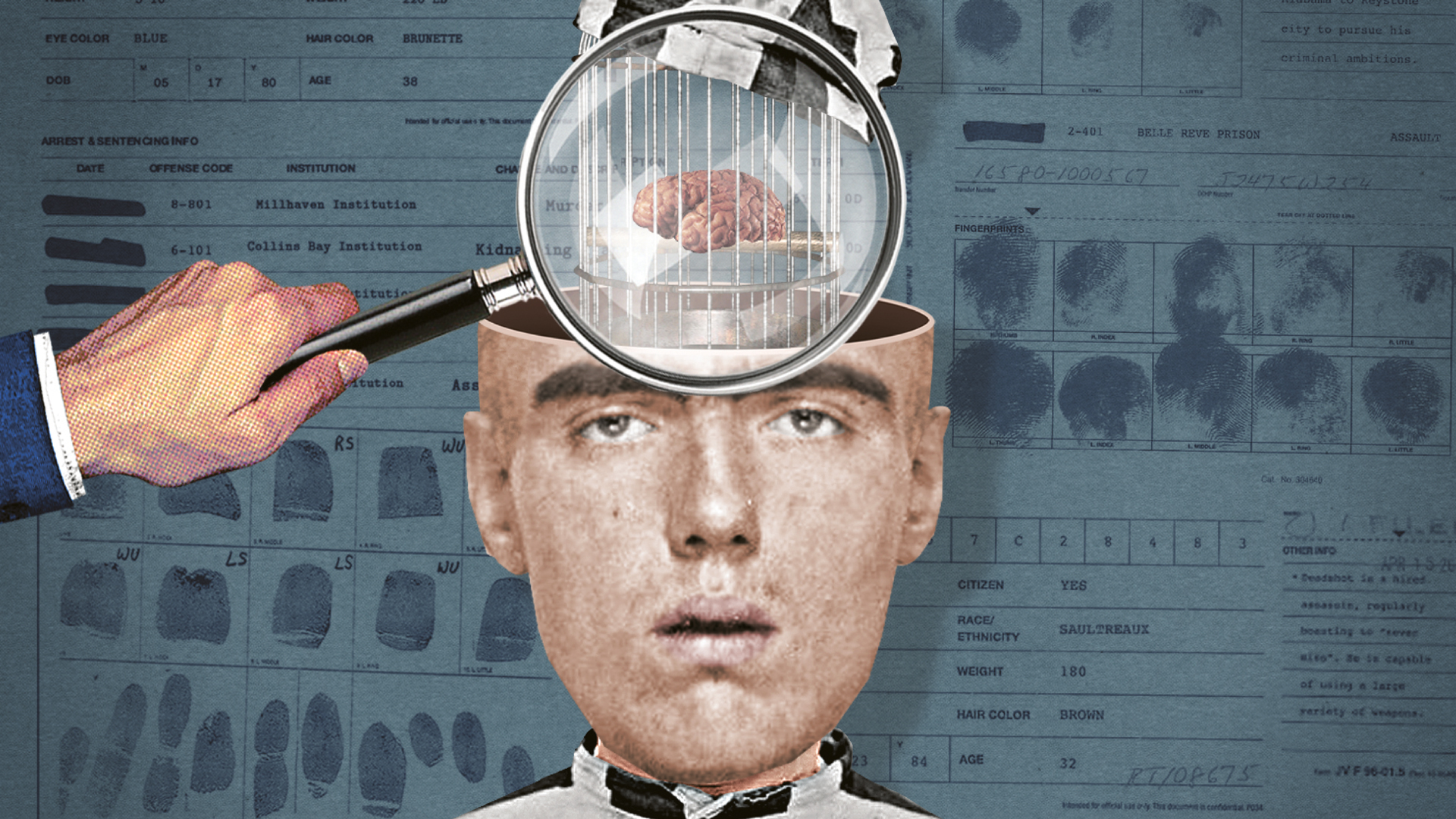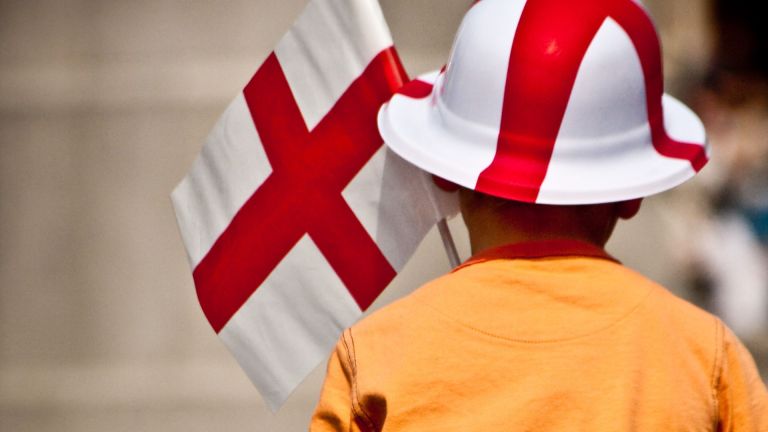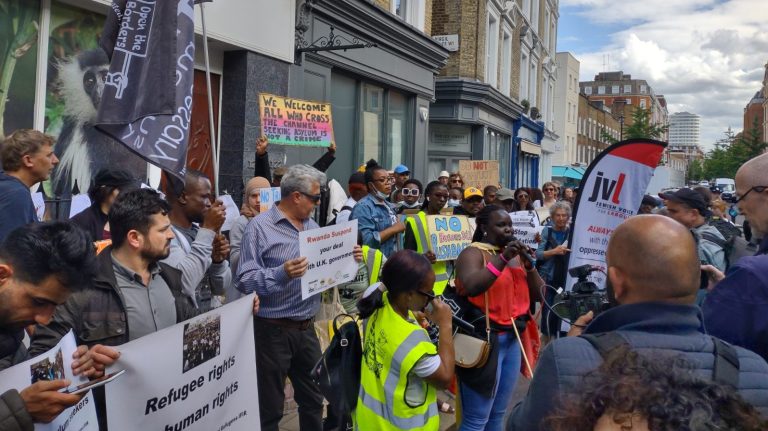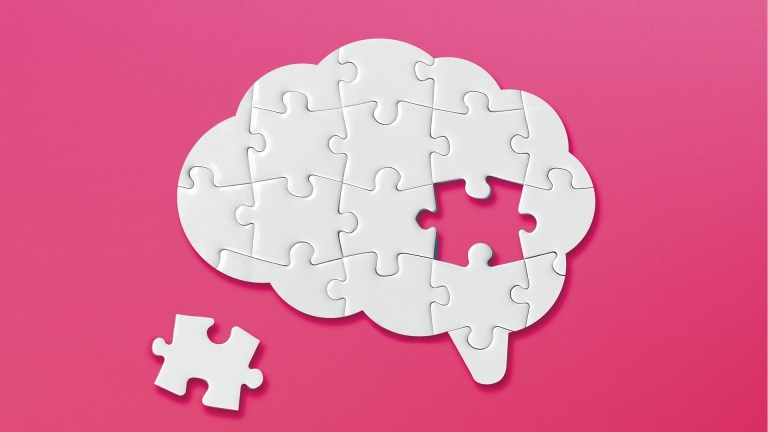The Guardian went for a different approach again with: “Long-term offenders have different brain structure, study says,” while The Telegraph also covered the story under the headline: “Persistent lying, stealing and bullying linked to having a smaller brain, researchers find”.
These stories could have huge ramifications for the justice system – as the study differentiates between people who get involved with anti-social behaviour as children and persist all the way through to adulthood and those who only fall into it during adolescence.
But are the tales true?
FACTS. CHECKED
These stories certainly need to be taken with a vast pinch of salt.
The study saw researchers analyse MRI brain scans of 672 people in the Dunedin Study cohort in New Zealand. The scans were taken at the age of 45 and the people involved had been taking part in research since they were born.
This information was then put together with reports from participants’ parents, carers and teachers as well as self-reports of conduct problems between the ages of seven and 26.
From here, researchers were able to split the groups into three categories: 12 per cent (80 people) had life-course-persistent anti-social behaviour – meaning they had behaved badly since childhood – for 22 per cent (151) it was limited to adolescence and 66 per cent (441) had no history of persistent anti-social behaviour.
Academics then measured and compared the average cortical thickness and cortical surface area – measuring the size of grey matter brain tissue. They found that people with persistent anti-social behaviour had a smaller mean surface area in 282 of 360 brain regions and thinner cortex in 11 regions than those with no history of anti-social behaviour.
So this does show a link between anti-social behaviour and the size of the brain – but it comes with a strong note of caution.
This does not mean that all criminals have smaller brains – we know this because that was the reaction of co-author UCL’s Dr Christina Carlisi to the headlines, pointing out there is no causal link. And that response was behind the BBC changing its headline on the story.
Also, because the brain scans were taken at the age of 45, it was “unclear” whether the differences to brain structure were inherited and preceded anti-social behaviour or whether they were as the result of an anti-social lifestyle, according to co-author Professor Essi Viding.
So it’s not quite as simple as scanning brains to identify potential offenders – something the study’s co-authors do acknowledge with a warning against individual screening.
On the whole, the media outlets’ reporting on this study was comprehensive but the lack of nuance in headlines could help form undeserved stereotypes about criminality.
The study starts a conversation of how we treat juvenile offenders and how we may identify children who need extra support to avoid falling off the tracks.









